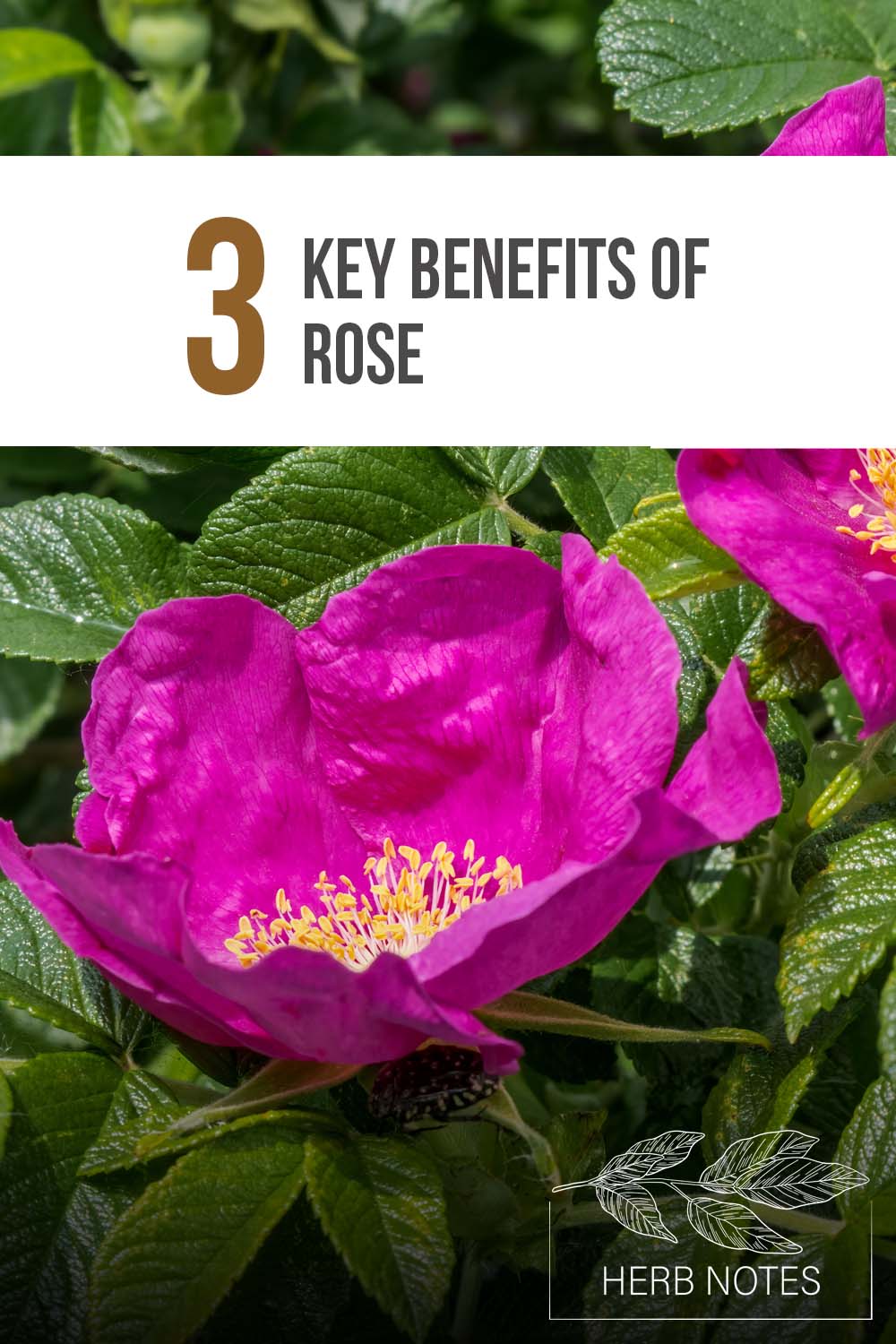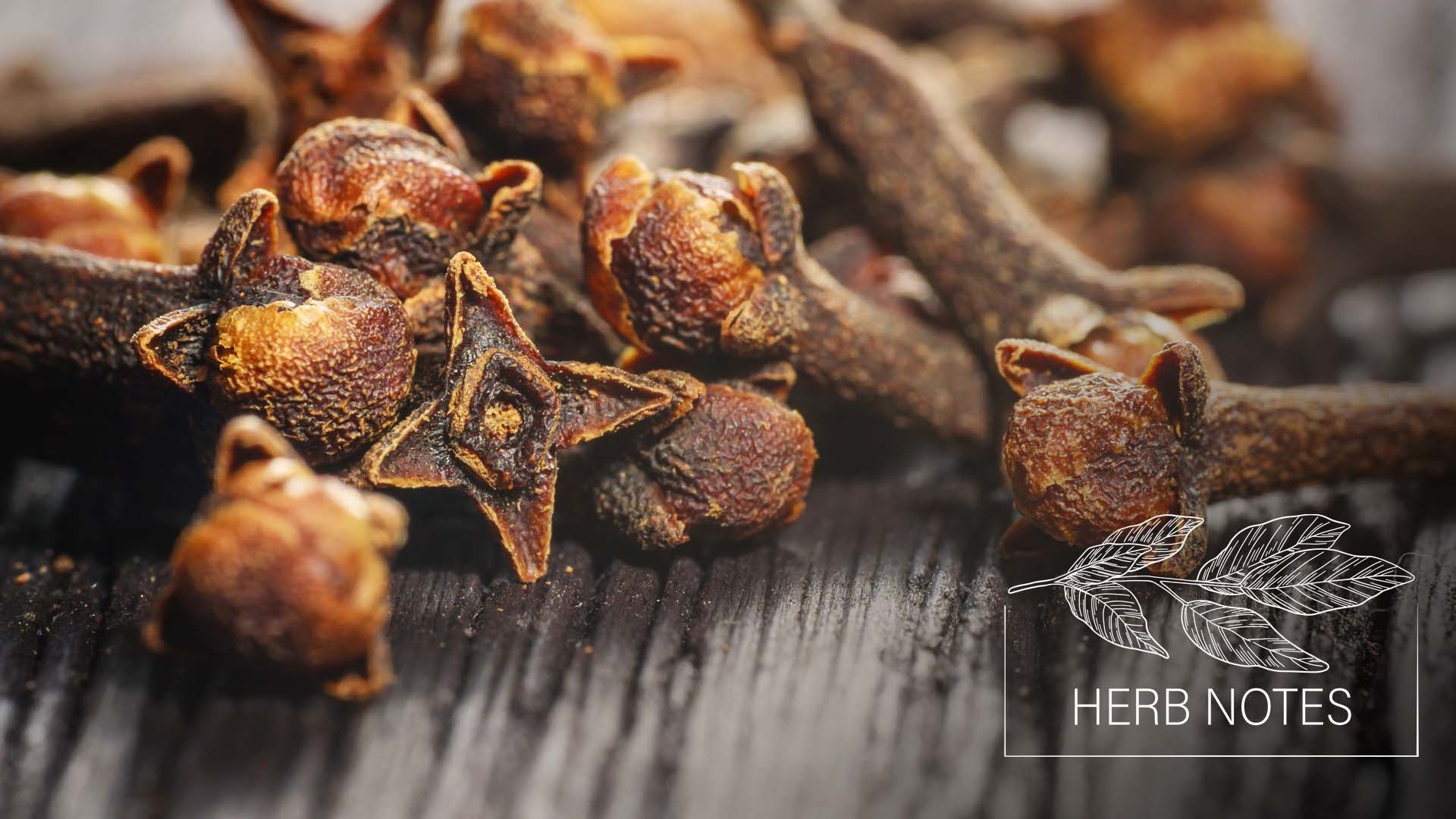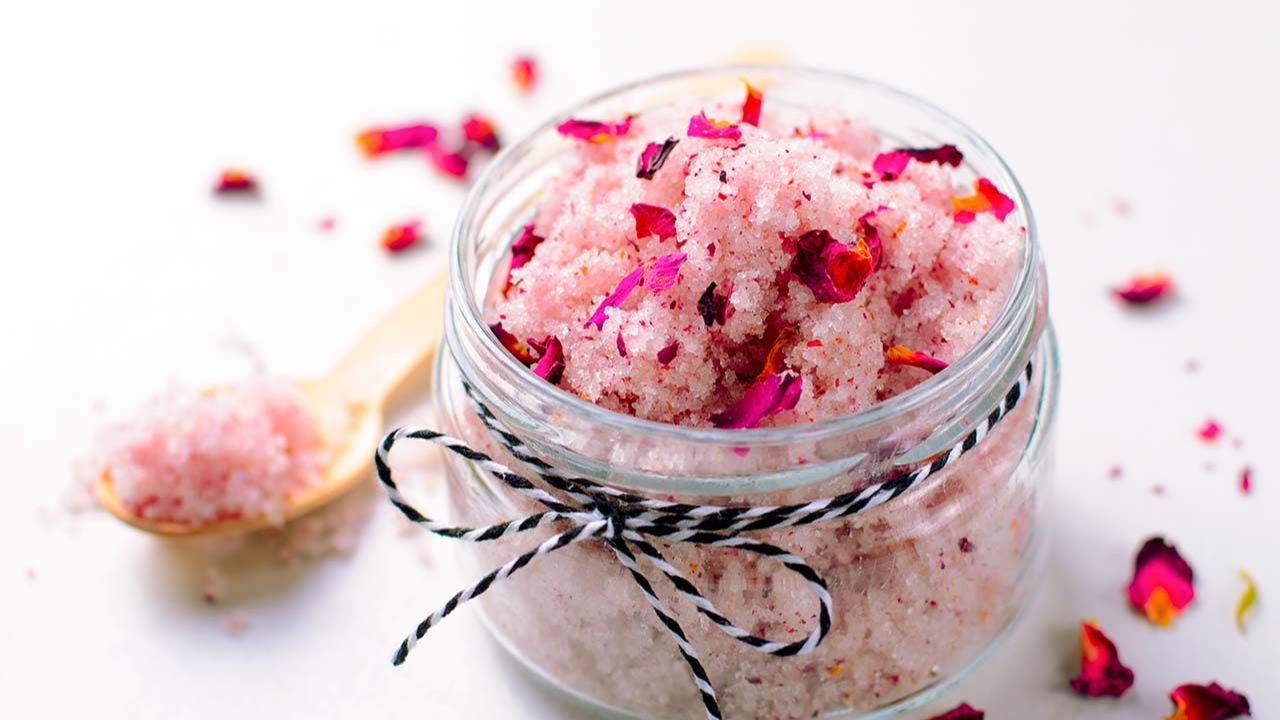
Herb Notes: The Benefits of Rose
Let’s stop and smell the roses, shall we? Known for their luxurious scent and heartwarming blooms, roses (Rosa spp.) are a balm for the soul. Beyond the beauty of their flowers, roses offer many healing gifts.
Want to learn more about the gifts of roses?
Let’s dive into three key health benefits of rose…
1. Rose for the Heart
It’s no secret that roses have a deep connection with the heart: the iconic bouquet of roses symbolizes love and romance. Roses make up the majority of flowers sold on Valentine’s Day, and every year millions of roses are purchased on this special day to convey adoration and commitment.
As an herb, rose has a long history of usage for the heart: supporting folks through times of grief and heartbreak while also strengthening the physical heart. One of my favorite ways to enjoy the uplifting effects of rose is in a rose petal tea or rose petal honey.
2. Rose for Skin Health
Rose petals are a gentle astringent and anti-inflammatory. When applied topically, rose petal tea, rose water, and rose petal infused oil all support healthy skin. Since rose is so gentle, it is an especially great ally for sensitive skin, dry skin, oily skin, or irritated skin. The soothing properties of rose can help calm skin conditions like eczema and other mild rashes. The familiar aroma of rose also makes rose an especially luxurious herb to add to your skin care routine, which is one of the reasons why rose is such a common ingredient in commercial skin care products.
3. Rose for Pain
The high levels of bioflavonoids and antioxidants in roses allows rose to help modulate inflammation in the body. When there is inflammation-fueled pain in the body, working with rose can help decrease the pain.
Rose Contraindications
When you’re working with roses, you want to make sure that you’re using flowers that haven’t been sprayed with pesticides. Most florist roses have been sprayed. Another thing to keep in mind when working with rose is that pure rose essential oil is very expensive. As Rosalee de la Forêt notes in her Rose Monograph on HerbMentor, most of the reasonably priced commercially available rose essential oil is actually rose essential oil diluted in a carrier oil, and this is noted on the packaging.1 However, if you come across a product that is far below market price and claims to be pure rose essential, this product is probably diluted or adulterated.
Want to Learn More About Other Common Herbs' Benefits?
Now that you've learned a little bit about the health benefits of rose, you might be wondering how you can learn more about the medicinal properties of other common plants.
Well, here’s the easy way to get more info about some of our favorite herbs: download a FREE deck of our top 12 Herb Notes here. You’ll learn all about the medicinal properties of common herbs like elderberry, dandelion, and more.
Here are a few frequently asked questions about rose and its medicinal properties...
What are some of the different species of rose I can work with?
There are a variety of roses with medicinal gifts. Typically, the more aromatic a rose’s blooms are, the more healing properties that rose plant will have. So if you want to enjoy the benefits of rose petals, here are some rose species that herbalists often work with: R. canina, R. rugosa, R. multiflora, R. nutkana, R. palustris, R. woodsi, and more.
What skincare products can I make with roses?
There are so many topical herbal remedies you can make with roses. All of these products showcase the powerful antioxidant activity and anti-inflammatory properties of rose petals. With these aromatic flowers, you can make rose water, a rose facial toner with rose tea, a rose bath, a rose serum, a rose massage oil, rose extract (a rose liniment), and more. These topical applications of rose petals are a wonderful way to pamper your beautiful skin.
Are roses an edible flower?
Yes, rose petals are edible and can be enjoyed in a variety of culinary applications. Rose’s flower petals can be added to salads, desserts, and drinks for a little flair. Rose petals also tasted delicious in rose petal-infused honey. Rose tea (made by steeping rose petals in hot water) can also add a subtle floral taste to your meals: whether you’re braising veggies in the tea or adding a splash of the tea to a mixed drink. By cooking with rose, you can enjoy the medicinal benefits of rose petals and their delicious floral taste.
Can rose help with digestive issues?
Yes, the astringent and vulnerary (wound repairing) properties of rose make this medicinal plant a fantastic ally for the digestive system. Blending rose petals into a tea formula for digestive health can help support inflammation in the digestive tract and loose stools.
Can rose help with sore throats?
Yes, rose’s ability to soothe inflamed tissues paired with its vitamin C content make rose a great herb to work with for sore throats.










